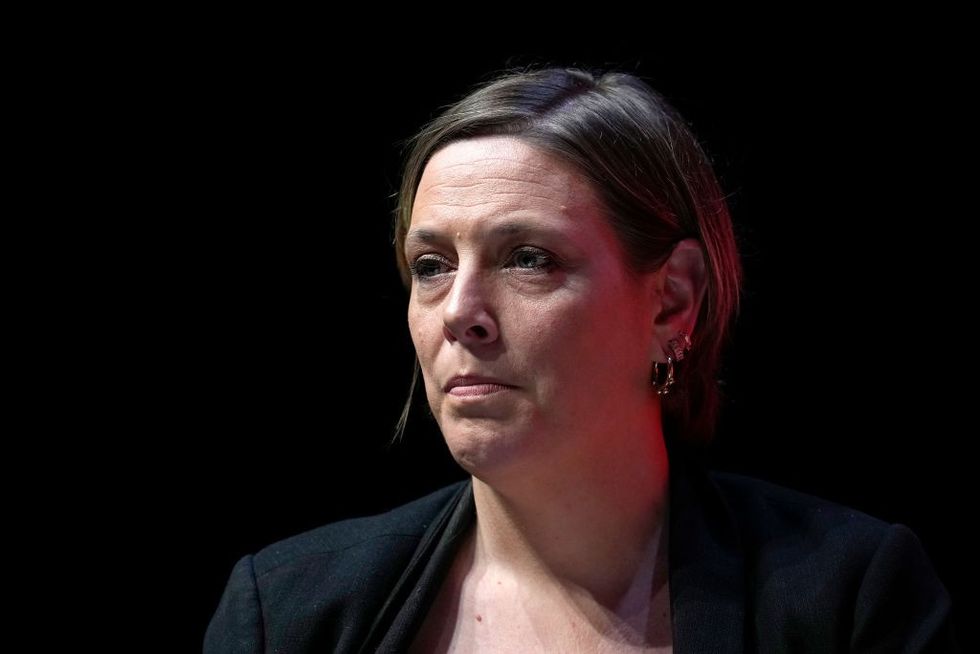One essential element of a good financial strategy is life insurance. In the unfortunate case of your premature death, it provides your loved ones with a safety net by guaranteeing their financial security. But with so many different kinds of life insurance out there, it can be confusing to pick the best one for your budget.
Understanding the Basics of Life Insurance Plans
Life insurance is a contract between the policyholder and an insurance company. In exchange for regular premium payments, the insurer promises to pay a sum of money, known as the death benefit, to your beneficiaries upon your death. Although giving your dependents financial security is life insurance's main objective, it can also help with asset growth, retirement planning, and tax advantages.
The two primary categories of coverage for life insurance are Permanent Life Insurance and Term Life Insurance. Permanent life insurance comes in three varieties: whole life, universal life, and variable life. These types of life insurance serve different purposes and align with different financial goals.
Term Life Insurance: Protection for a Specific Period
Term life insurance is the simplest and most affordable type of life insurance. It provides coverage for a specific period, usually ranging from 10 to 30 years. The beneficiaries get the death benefit if the policyholder passes away within the term. The policy ends and no benefits are given if the policyholder lives out the period.
When to Choose Term Life Insurance
Short-Term Financial Obligations:Term life insurance is a good choice if your financial objectives include paying off a mortgage, providing for your children's schooling, or paying off other short-term expenses.
Income Replacement:If you are the major provider for your family, term life insurance can support them in the event of your unexpected death by replacing your income and maintaining their level of living.
Affordability:Term life insurance is ideal if you need significant coverage but have a limited budget.
Whole Life Insurance: Lifelong Protection with a Cash Value Component
Whole life insurance is a type of permanent life insurance that provides coverage for your entire life, as long as the premiums are paid. In addition to the death benefit, whole life insurance has a savings component known as the cash value, which grows over time on a tax-deferred basis.
When to Choose Whole Life Insurance
Lifelong Financial Security:If your financial goals include providing for dependents, such as a spouse or a child with special needs, who will need financial support throughout their lives, whole life insurance offers lifelong protection.
Wealth Accumulation:Whole life insurance has a cash value component that increases over time. You can borrow against this value or take cash out to finance financial objectives like establishing a business, buying a house, or paying for school.
Estate Planning:Whole life insurance can be an effective estate planning tool. The death benefit can be used to cover estate taxes, ensuring that your heirs receive the maximum value of your estate.
Level Premiums:Whole life insurance premiums are fixed and do not increase with age or health conditions. This predictability can be beneficial for long-term financial planning.
Universal Life Insurance: Flexibility in Premiums and Death Benefit
Universal life insurance is another type of permanent life insurance that offers flexibility in premium payments and death benefits. Like whole life insurance, it has a cash value component that grows over time. However, universal life insurance allows you to adjust your premiums and death benefits within certain limits, giving you more control over your policy.
When to Choose Universal Life Insurance
Flexibility:Universal life insurance lets you modify your premiums and death benefit in anticipation of changes in your financial status, such as a rise in income or a desire to cut costs.
Interest Rate Sensitivity:The insurance company's interest rates determine how much a universal life insurance policy's cash value increases. Universal life insurance might be a good choice if you'd rather have insurance that can reward you more depending on the state of the market.
Estate Planning and Wealth Transfer:Universal life insurance is useful for wealth transfer and estate planning, just like whole life insurance. You can use the cash value for other financial objectives and modify the flexible death benefit to suit your estate planning needs.
Variable Life Insurance: Investment Opportunities with Higher Risk
A type of permanent life insurance known as variable life insurance lets you use the cash value to invest in stocks, bonds, and mutual funds, among other financial instruments.
When to Choose Variable Life Insurance
Investment-Oriented:Variable life insurance allows you to take part in the financial markets if you have a higher risk tolerance and would like to increase the possible cash value through investments.
Long-Term Financial Goals:For long-term financial objectives, including retirement planning, where you have time to adjust to market swings, variable life insurance is appropriate. The cash value of the policy may increase dramatically over time based on how well your investments perform.
Diversification:Variable life insurance gives you the option to distribute your cash value among several asset classes and diversify your investment portfolio in addition to providing life insurance.
Potential for Higher Returns:When compared to whole life or universal life insurance, variable life insurance has the potential to provide larger returns. It does carry a larger risk, though, as if your investments underperform, you might lose money on both the death benefit and the cash value.
Factors to Consider When Choosing Life Insurance
When selecting the best type of life insurance for your financial goals, consider the following factors:
Financial Goals and Obligations- Determine your financial goals and obligations, such as paying off debts, funding education, providing for dependents, and retirement planning.
Budget- When selecting a life insurance coverage, take your budget into account. Permanent life insurance has higher rates yet provides additional features. Make sure the premiums are both reasonable and long-term viable.
Health and Age- Your health and age significantly impact your life insurance premiums and eligibility. Younger and healthier individuals can secure lower premiums, making it beneficial to purchase life insurance early.
Tax Considerations- A variety of tax benefits are provided by life insurance plans including tax-free death benefits and tax-deferred cash value growth. Take these advantages into account when selecting insurance, particularly for wealth transfer and estate planning.
Conclusion
It is important to carefully assess your needs, budget, risk tolerance, and long-term goals when selecting the right sort of life insurance for your financial goals. Whether you choose whole life insurance for long-term security, universal or variable life insurance for more flexibility or investment-oriented coverage, or term life insurance for short-term protection, make sure your decision supports your financial objectives and gives your loved ones the protection they need. Recall that purchasing life insurance is an essential part of creating a comprehensive financial strategy that can assist you in reaching your larger financial objectives, in addition to providing financial security for your family.






 Jess Phillips MP (Photo by Christopher Furlong/Getty Images)
Jess Phillips MP (Photo by Christopher Furlong/Getty Images)










 Claire Coutinho
Claire Coutinho
 Hemandra Hindocha and wife Kirti
Hemandra Hindocha and wife Kirti

From desks to dreams: A journey of girls’ empowerment